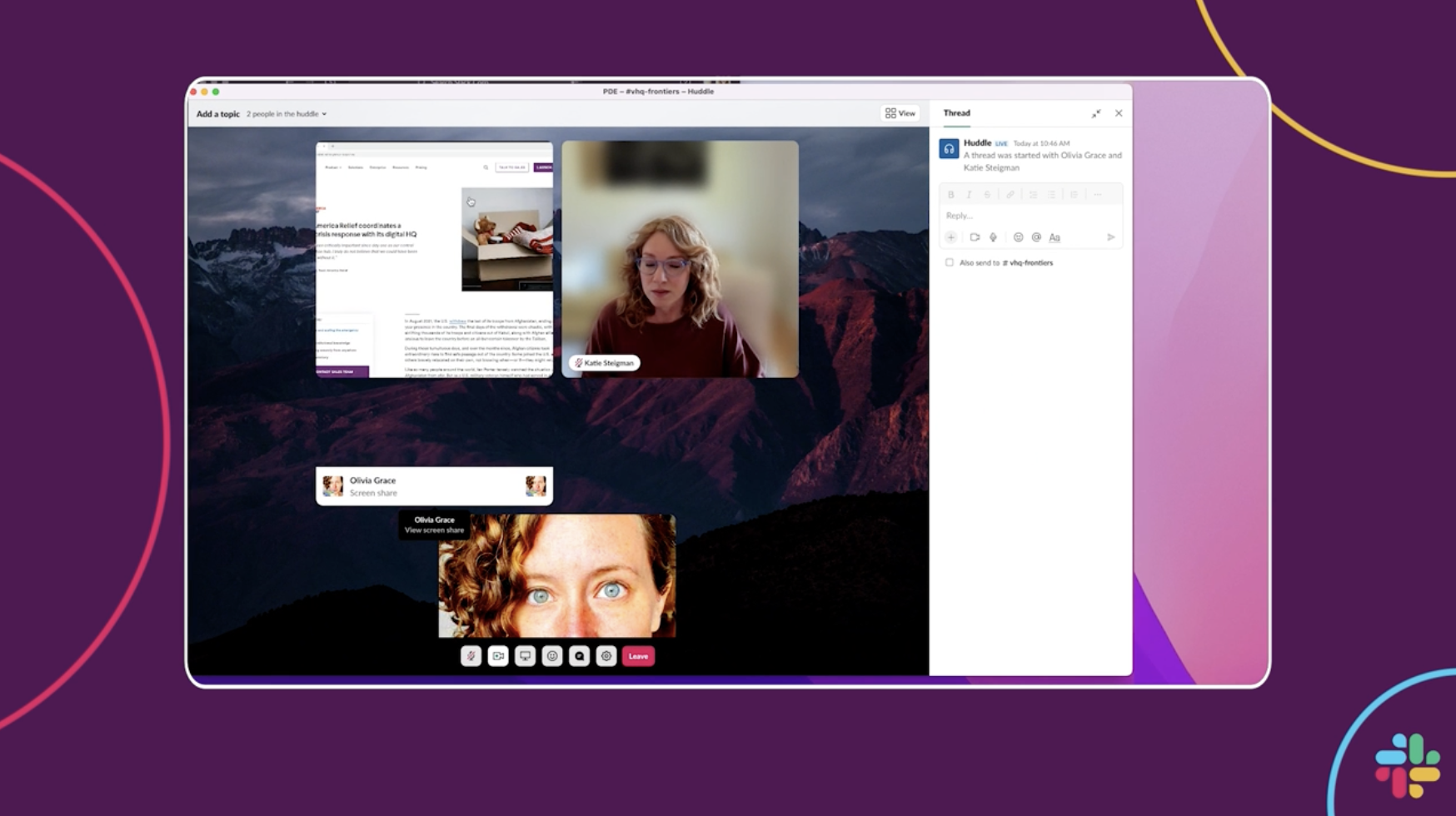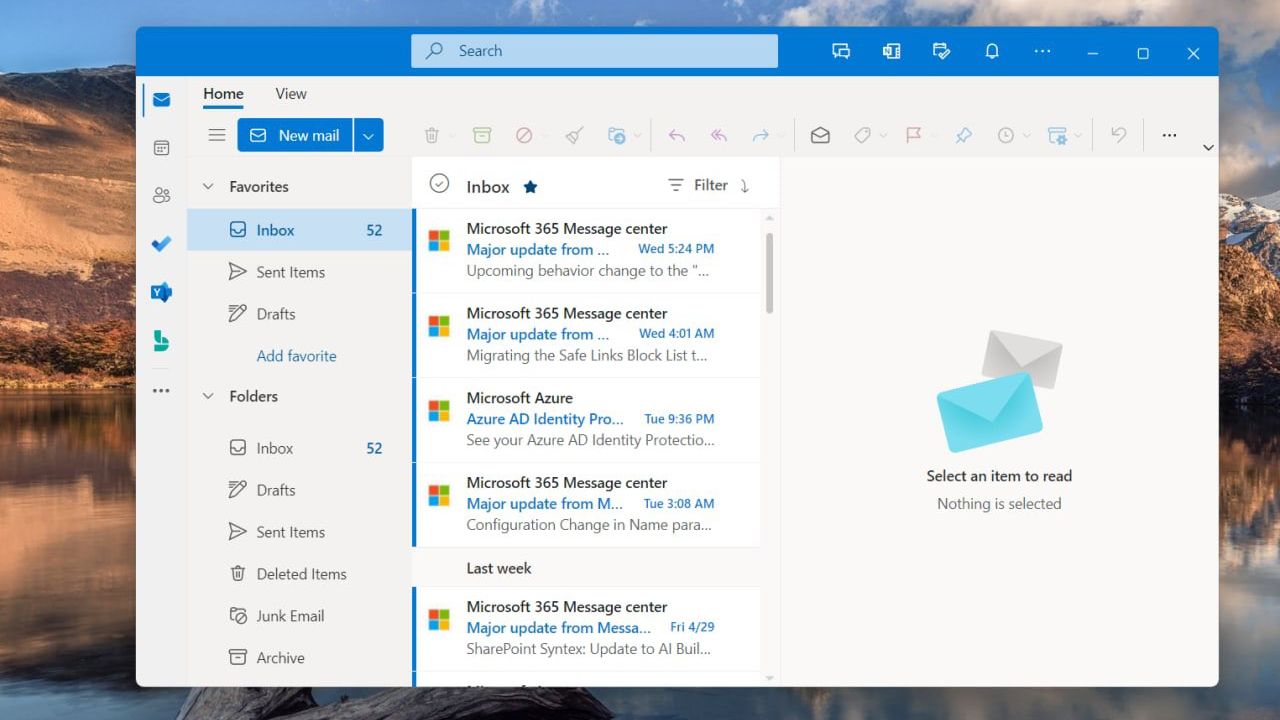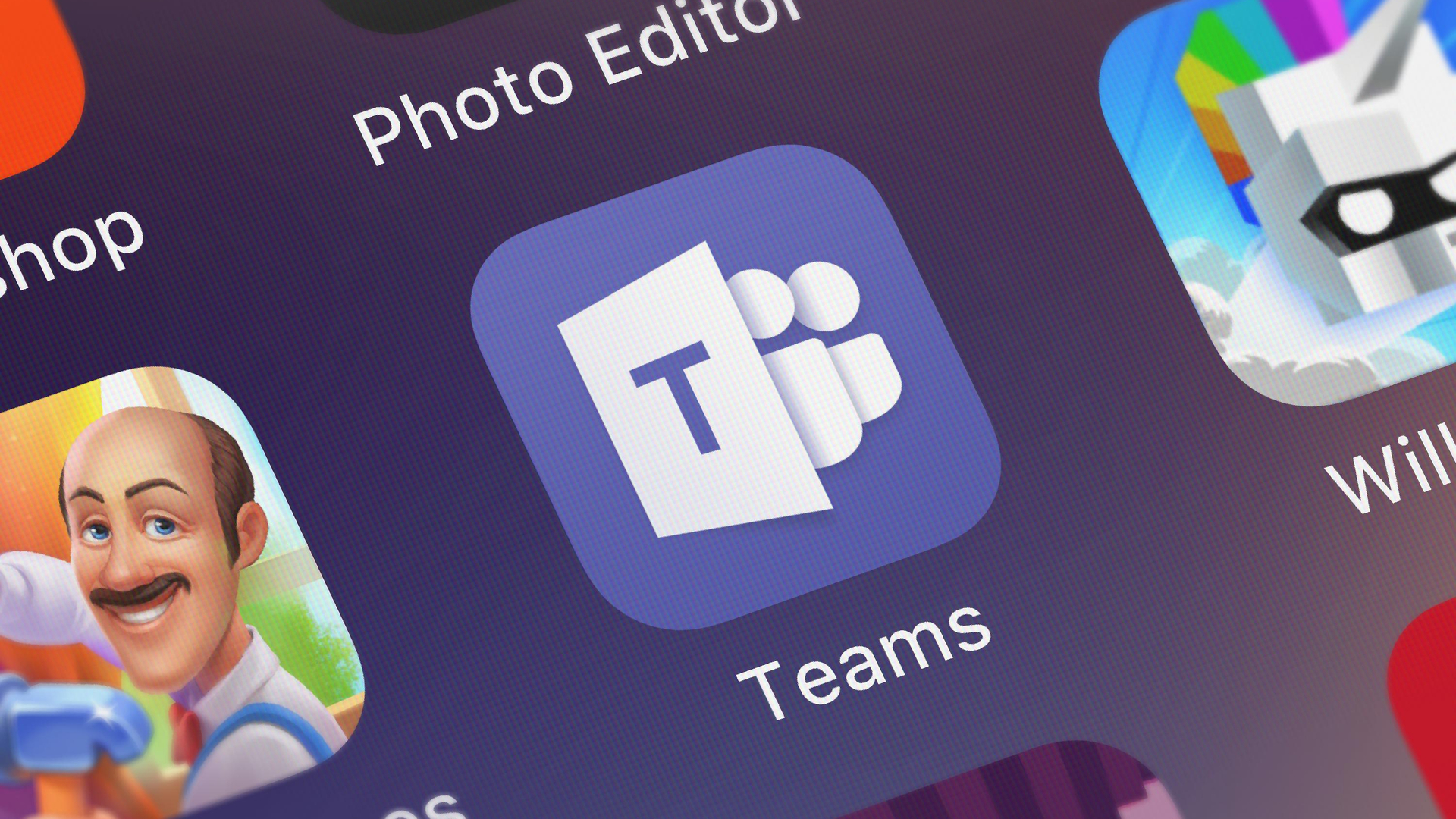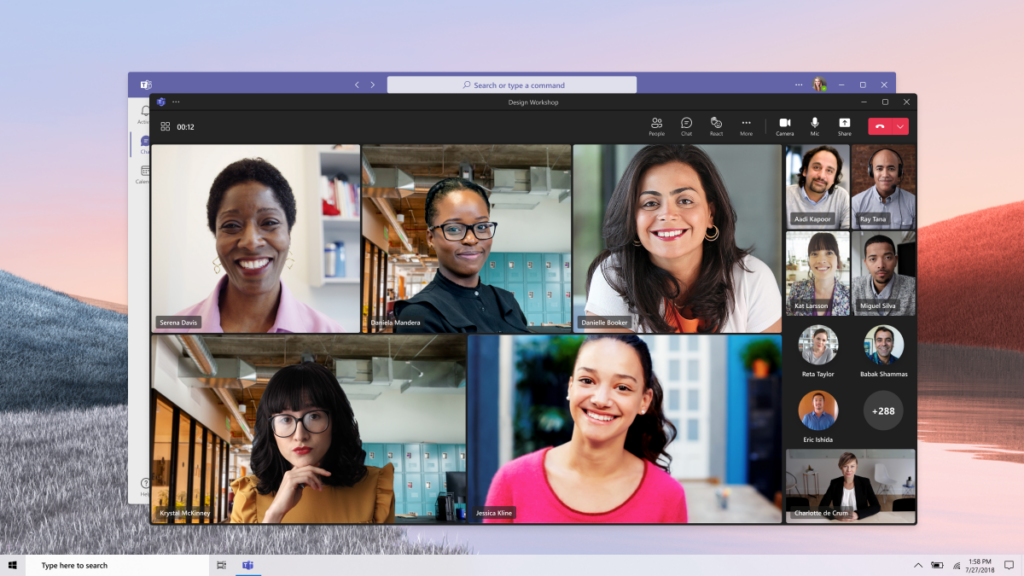Slack ends support for Russian users
A string of international sanctions prompted Slack to revoke access to its platform without warning

Slack has discontinued its services in Russia, following in the footsteps of Apple, Microsoft, and Amazon, Slack has discontinued its services in Russia.
The Salesforce-owned messaging app is excluding Russian users from its platform in accordance with international sanctions levied upon Russia and policies enacted by its parent company following the invasion of Ukraine.
“We do not have a material business in Russia. Through resellers and other channels we have a very small number of Russia-based customers, and we began exiting those relationships last week. Our hearts go out to the people of Ukraine, their loved ones, and all of those affected,” Salesforce announced last week.
Per reports, several Russian organizations lost access to their Slack accounts without warning, rendering any data available for download impossible. That said, the lockout only impacts companies directly sanctioned under the law.
"Slack is required to take action to comply with sanctions regulations in the U.S. and other countries where we operate, including in some circumstances suspending accounts without prior notice, as mandated by law," the company told Axios in a statement.
RELATED RESOURCE

The secure cloud configuration imperative
The central role of cloud security posture management
"We are in contact with affected customers regarding the impact of these actions on their account status, where permitted by law."
Slack won't delete any data belonging to its Russian customers, however, sanctions prevent users from accessing data until after the ban is lifted.
Get the ITPro daily newsletter
Sign up today and you will receive a free copy of our Future Focus 2025 report - the leading guidance on AI, cybersecurity and other IT challenges as per 700+ senior executives
Earlier this month, AMD, Intel, and TSMC blocked chip sales to Russia. Having limited production capacity at home, the move poses a significant threat to Russia’s military computing applications.
-
 Asus ZenScreen Fold OLED MQ17QH review
Asus ZenScreen Fold OLED MQ17QH reviewReviews A stunning foldable 17.3in OLED display – but it's too expensive to be anything more than a thrilling tech demo
By Sasha Muller
-
 How the UK MoJ achieved secure networks for prisons and offices with Palo Alto Networks
How the UK MoJ achieved secure networks for prisons and offices with Palo Alto NetworksCase study Adopting zero trust is a necessity when your own users are trying to launch cyber attacks
By Rory Bathgate
-
 The future of huddles: Speaking to your workforce in the hybrid era
The future of huddles: Speaking to your workforce in the hybrid eraSponsored Working practices have changed, and so have the ways we communicate across our businesses
By IT Pro
-
 Slack adds multi-person screen sharing features to Huddles
Slack adds multi-person screen sharing features to HuddlesNews New co-working functions and live cursor features aim to boost virtual collaboration on the comms platform
By Bobby Hellard
-
 Microsoft silent patches called “a grossly irresponsible policy”
Microsoft silent patches called “a grossly irresponsible policy”News Cyber security company Tenable said that the tech giant is putting customers at risk after it found two bugs in Microsoft Azure analytics software, one of which users weren’t made aware of
By Zach Marzouk
-
 What we know about One Outlook so far
What we know about One Outlook so farNews One Outlook, known internally as Project Monarch, has been mostly kept under wraps by Microsoft
By Sabina Weston
-
 Enabling the future of work with embedded real-time communication
Enabling the future of work with embedded real-time communicationWhitepaper A new dimension of human interaction is coming to digital work
By ITPro
-
 Google to kill off Currents in favour of a more integrated Workspace
Google to kill off Currents in favour of a more integrated WorkspaceNews The Google Plus replacement meets its end just two years after launching
By Connor Jones
-
 Microsoft Teams now uses 50% less power than when it first launched
Microsoft Teams now uses 50% less power than when it first launchedNews It has been a long-term goal of Microsoft to make the Team experience equitable across high and low-performance hardware
By Connor Jones
-
 Microsoft Teams introduces 'Essentials' tier for small businesses
Microsoft Teams introduces 'Essentials' tier for small businessesNews The tech giant appears to identify a gap in the collaboration software market with SMB-focused Teams tier
By Bobby Hellard